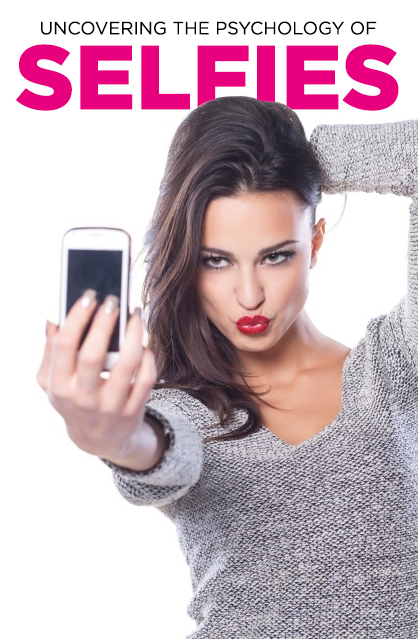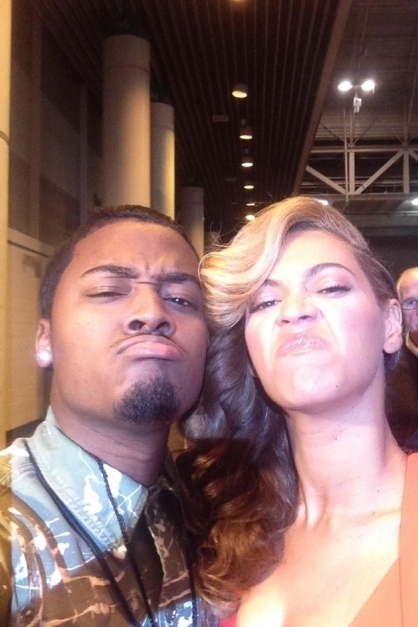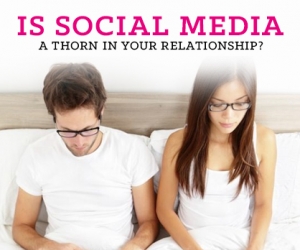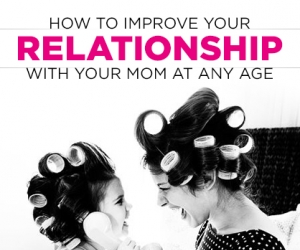Uncovering the Psychology of Selfies
Find out what your photos say about you
We are awash in selfies these days. Social media is filled with selfies, which for those few not in the know, is a term that encompasses any self-generated self-portrait, usually taken with a cell phone.
Whether you find selfies narcissistic or charmingly dorky, it does mean something when someone takes a self-photograph. Celebrities have gotten in on the trend, posting photos - even unflattering ones - on Twitter, Flickr and Instagram, and that's made it even more acceptable for everyone else to do the same.
Find out what it really means when you post a selfie, and whether it's affecting how others view you.


Generational gap
Jennifer Howard, a New York City based licensed psychotherapist, said what a selfie says about the person taking them, “depends on why they're taking them. All of us want to feel loved and appreciated. I saw something recently about cancer survivors taking selfies of their scars as a way to accept, nurture, and heal themselves. If you're somewhere and there's no one else nearby who can snap the picture, it's simply a convenient way to take a photograph.”
Howard continued, “I also think it can mean different things to people of different generations. According to The PEW Research Center, 62% of the younger Millenials (aged 18 to 25) have shared selfies online compared to only 9% of Baby Boomers. All that said, I think as a culture we often want to be 'seen' at any cost. It's an outward cry that signals an inward problem. Being seen and going viral doesn't make you feel better about yourself. Self-esteem is an inside job.”

Be authentic in a selfie
If you like to take selfies, then be your authentic self. Don't try to present an image to the world that isn't yourself. If you like to take photos of yourself, great. But own it. Be yourself and be real. Avoid the Justin Beiber phenomena, where you post photos to try to become something you're not.
“My advice to teen and young adult social media users is this: whatever you post on social media can be seen by anyone, probably for years into the future. Don't post anything you wouldn't want your grandmother (or your grandchild!) to see. Be tasteful. It's okay to post a picture of yourself, and it's perfectly okay to look really attractive in the pic you post, but please don't be explicit. Nobody wants to see that. It's private,” said Dr. Melissa Deuter, a San Antonio, Texas-based psychiatrist who works with teens and young adults.

Sexual selfies
Men and women alike show far too much skin, depending on whom you ask, in some selfies. Celebrities do the same, albeit sometimes tongue in cheek. Chris Pratt showed off his six-pack abs in a Twitter selfie, and Kim Kardashian and Miley Cyrus are famous for showing off more than they hide.
Deuter said, “Young people are inclined to explore their sexual identities. Doing so is not abnormal, but posting it on the internet where it may remain indefinitely is problematic. Studies show that younger people are more likely to take risks than older individuals. Perhaps posting sexual pictures is related to youthful risk taking, or perhaps it highlights a lack of experience with the dangers.”

Selfies mean many things
Allen Wagner, a Los Angeles therapist, said, “A selfie can say a lot of different things. For some it can be liberating, and a way to share the authenticity of a moment. The photo may be taken solely for the person themselves, to document this, and with no intention of having this go anywhere. In some cases, this is shared, and may only be shared to make a point, or add color to commentary.”
Wagner said, “More commonly, selfies tend to represent a need for validation on something. Validation of location, their look, or that the activity was worth doing. Through likes and comments, a person can artificially be filled up, and walk taller. This tends to be temporary, and as one post fades, a person tends to look for ways to replicate this feeling again. This can be a negative when the feedback does not come, or certain people do not validate as hoped. This can be for a number of reasons, including that the other person did not see the post, but it becomes hurtful as a person creates scenarios that are most likely inaccurate.”
Wagner added, “Younger women have become more provocative following trends by celebrities on Instagram, and sometimes have difficulty seeing the negative consequences that lie ahead, impacting future relationships with others, views within their families and close friends, and sometimes even in their careers.
“Selfies are popular, because they allow us to be a star, and society overall appears to be okay about this. In contradiction to this perception, most clients I see, view the people in their lives who post these, as insecure, needy, and desperate. That is not to say this is always true, but many people do view this behavior as such. Choosing to do a selfie ironically, or with humor, can make you a person appear 'in on it', as opposed to being the lonely peacock who doesn't understand why their feathers aren't impressive.”
Tagged in: social media, photos, photography, psychology,



